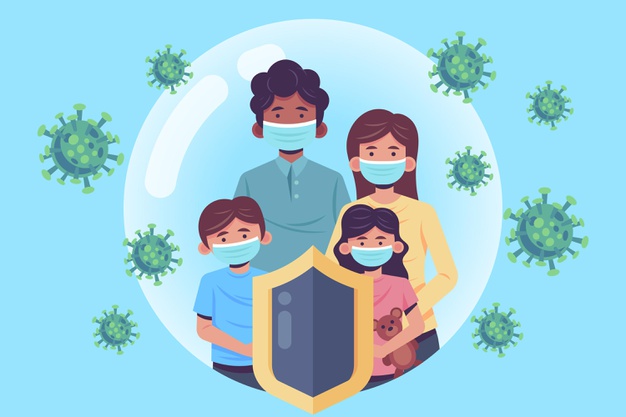Salt, or sodium chloride, is an essential nutrient that our bodies need to function properly. However, excessive salt intake can be harmful to older adults. Here, we will explore the harmful effects of salt on old age.
High blood pressure:
Excessive salt intake can lead to high blood pressure, which is a major risk factor for heart disease, stroke, and kidney disease. As we age, our blood vessels become less elastic, and our kidneys become less efficient at removing excess salt from the body. This means that older adults are more susceptible to the harmful effects of salt on blood pressure than younger people.
Osteoporosis:
A high-salt diet can also contribute to the development of osteoporosis, a condition in which the bones become weak and brittle. Salt causes the body to excrete calcium, which is an essential nutrient for bone health. Over time, this can lead to a loss of bone density and an increased risk of fractures.
Dehydration:
Older adults are also more susceptible to dehydration, and excessive salt intake can exacerbate this problem. Salt pulls water out of the body’s cells and can cause dehydration, especially in older adults who may already have a decreased sense of thirst.
Kidney problems:
Excessive salt intake can also cause kidney problems, especially in older adults who may already have decreased kidney function. The kidneys play a vital role in removing excess salt from the body, but if the salt intake is too high, it can damage the kidneys and lead to kidney disease.
Memory problems:
High salt intake has been linked to an increased risk of cognitive decline and memory problems in older adults. A study published in the journal Neurobiology of Aging found that older adults who consumed a high-salt diet had decreased cognitive function compared to those who consumed a low-salt diet. To reduce the harmful effects of salt on old age, it is important to limit salt intake. Older adults should avoid processed and fast foods, which are often high in sodium, and instead focus on consuming fresh fruits and vegetables, whole grains, and lean protein. They should also drink plenty of water to help prevent dehydration.
In conclusion:
Excessive salt intake can have harmful effects on old age, including high blood pressure, dehydration, kidney problems, osteoporosis, and cognitive decline. Older adults should work to reduce their salt intake by avoiding processed and packaged foods, reading food labels carefully, and consuming a diet that is rich in whole, natural foods. By doing so, older adults can reduce their risk of developing health problems in later life.






